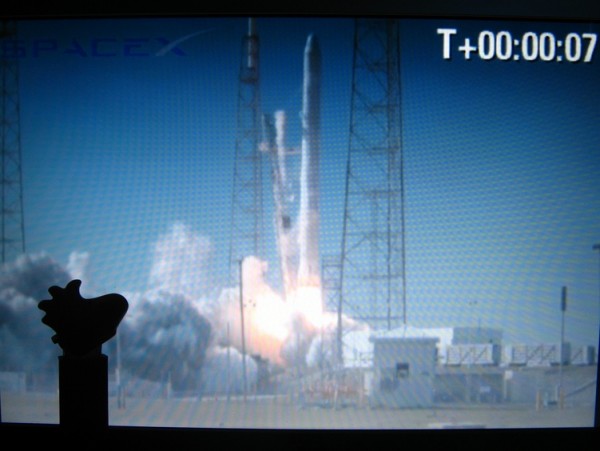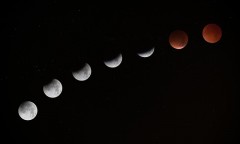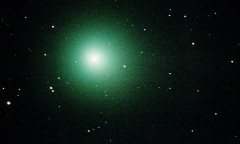By Aloha Rose Baldovino, | February 12, 2017

SpaceX CEO Elon Musk said that the CRS-10 will carry a new set of equipment that will be used to study the Ozone layer from the ISS. (PhOtOnQuAnTiQuE/CC BY-NC-ND 2.0)
SpaceX is gearing up for the second attempt to launch the CRS-10 Dragon Cargo to the International Space Station (ISS). This time the Falcon 9 will be launched from the historic Apollo 11 Launch Complex 39A at the Kennedy Space Center. The crew-less mission will bring NASA's SAGE-III, Nanobiosym experiment, and the Raven Techno-Demo for ARC testing.
Like Us on Facebook
According to NASA, the inaugural flight is scheduled for February 18, 2017. The SpaceX mission will ferry experiment supplies and equipment, including the new muscle cell experiment of high school students. Additionally, the cargo ship will also bring critical supplies and materials for the ISS crew.
Webcast of Falcon 9 launch now live → https://t.co/tdni53IviI pic.twitter.com/nAMDRBsSoK
— SpaceX (@SpaceX) January 14, 2017
Meanwhile, according to Tech Crunch, SpaceX CEO Elon Musk said that the CRS-10 would carry a new set of equipment that will be used to study the Ozone layer from the ISS. It is worth noting that the company has rebuilt the LC-39A Pad to better meet the requirements of the Falcom 9 and other advanced Falcon Heavy rockets. The CRS-10 will carry an estimated 2,500 kilos of cargo to space.
Going back to Earth, the space ship will load about 2,300 kilos of cargo. Moreover, the CRS-10 will facilitate and ensure the loading of the proposed Experiment Monitoring Device, the Superbug MRSA to study the bacterium's growth and mutation in space minus the gravitational pull. Also, two Earth-monitoring systems will study lightning and gasses in the Earth's Stratosphere.
First stage has landed on Just Read the Instructions pic.twitter.com/W0EoLaO4YR — SpaceX (@SpaceX) January 14, 2017
-
Use of Coronavirus Pandemic Drones Raises Privacy Concerns: Drones Spread Fear, Local Officials Say

-
Coronavirus Hampers The Delivery Of Lockheed Martin F-35 Stealth Fighters For 2020

-
Instagram Speeds Up Plans to Add Account Memorialization Feature Due to COVID-19 Deaths

-
NASA: Perseverance Plans to Bring 'Mars Rock' to Earth in 2031

-
600 Dead And 3,000 In The Hospital as Iranians Believed Drinking High-Concentrations of Alcohol Can Cure The Coronavirus

-
600 Dead And 3,000 In The Hospital as Iranians Believed Drinking High-Concentrations of Alcohol Can Cure The Coronavirus

-
COVID-19: Doctors, Nurses Use Virtual Reality to Learn New Skills in Treating Coronavirus Patients












